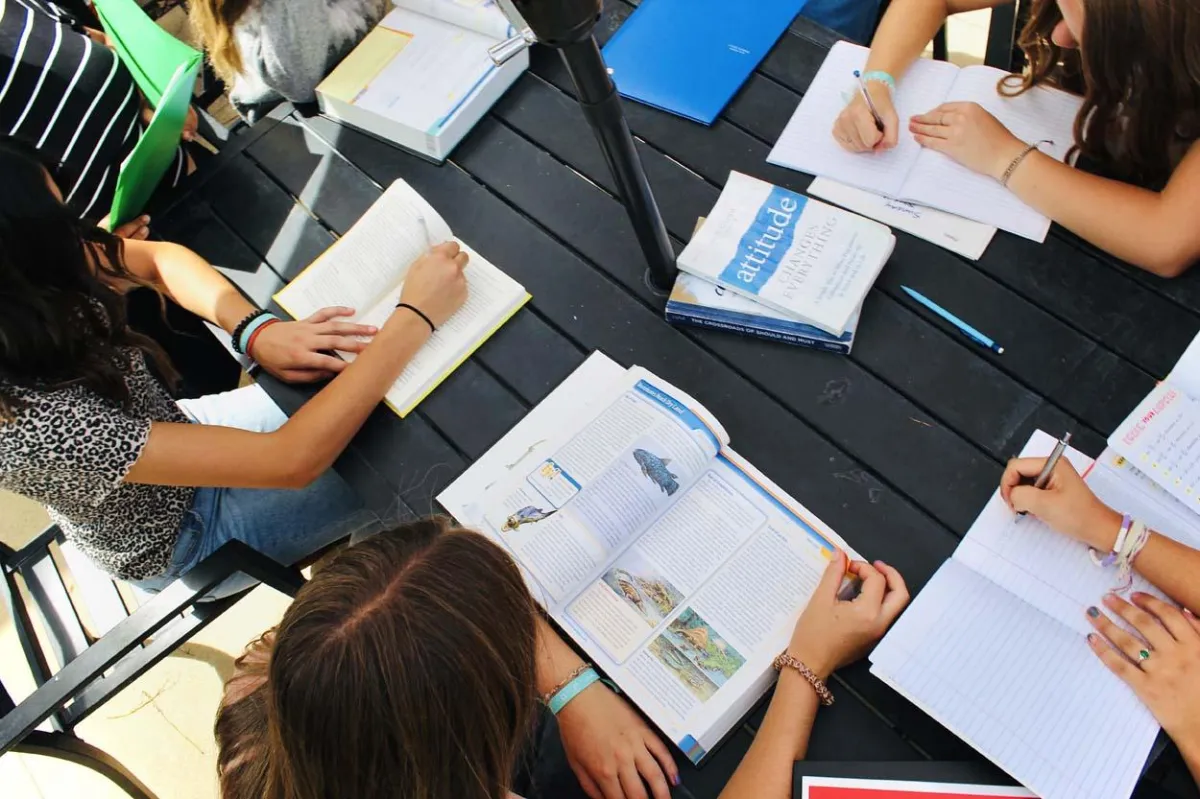Get Help Today!
Hi. It looks like you found a page we no longer have available.
That's okay! If you are looking for a boarding school for your daughter, this is the right place.

That's okay! If you are looking for a boarding school for your daughter, this is the right place.
